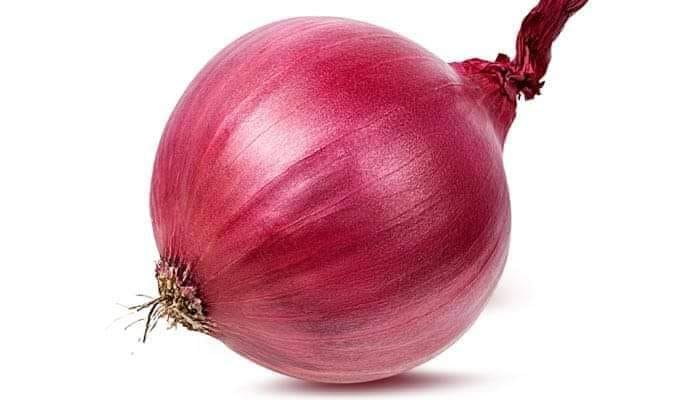Every year, Bangladesh imports around 6-7 lakh metric tons of onions from India, which fulfills a significant portion of the country’s total demand. Out of India’s total onion export of 25-26 lakh metric tons, Bangladesh remains a major buyer. However, India’s recent decision to restrict onion exports has sparked concerns in Bangladesh.
Experts suggest that instead of worrying about what we will eat if India doesn’t supply onions, we should ask, “If we don’t buy India’s onions, where will they sell them?” This highlights that Bangladesh’s market is also crucial for India. Rather than resorting to criticism and mockery, our focus should be on enhancing our own domestic production capacity.
Bangladesh has already made significant progress in reducing dependency on imported cattle. At one time, the price of sacrificial cattle during Eid used to depend heavily on imports from India, but with the increase in domestic production, this dependency has significantly reduced. Similarly, efforts should be made to become self-sufficient in other agricultural products, particularly onions.
Agricultural experts suggest that if Bangladesh ramps up its onion production efforts and implements the right agricultural technologies and policies, it is possible to reduce reliance on imports. This would also open new opportunities for local farmers and lessen the country’s dependency on international markets.
The government has already initiated several efforts to increase onion production capacity. However, experts emphasize the need for more supportive policies and incentives to ensure the effective implementation of these initiatives for farmers.
It is now essential to enhance the country’s production capabilities and reduce import dependency—this is the need of the hour.




